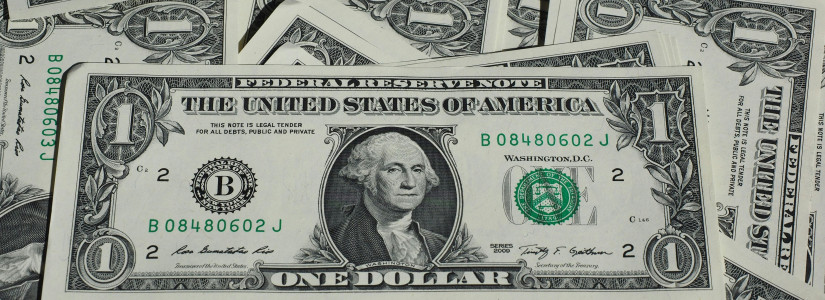Resources and Insights
The latest news Interviews, technologies, and resources about unclaimed assets
Active FTC Refund Programs 2025: Check If You Qualify for a Payout
The Federal Trade Commission (FTC) enforces consumer protection laws to stop scams and illegal business practices. When companies break the law, the FTC works to return money to people who lost it. Read:...
Pensacola and Colorado Residents Reclaim Millions in Unclaimed Property as Inflation Soars
In the middle of inflation-driven financial stress, rising grocery bills, and growing rent prices, a surprising form of economic relief has landed for thousands of Americans—some ...
Do You Have Unclaimed Funds? Here's How To Find Out
Everyone can relate to having a never-ending list of unfinished tasks. Finding out if you have unclaimed funds might be one of those things. It's a relief to learn that finding out if you have unclaimed funds...
The State By State Guide to Unclaimed Assets
Last updated: March 02, 2026 Unclaimed assets can be a hidden treasure waiting for you. The challenge is each state in the United States operates an Unclaimed Property Program to safeguard these assets until they can be returne...
Pennsylvania Sets Record for Unclaimed Property Returns in 2025
The Pennsylvania Treasury Department has announced a record-breaking year for returning unclaimed money, putting hundreds of millions of dollars back into the hands of residents. According to Treasurer Stacy G...
$70 Billion in Unclaimed Money in the U.S.: How to Check If Your Name Is on the List Today
More than $70 billion in unclaimed money is being held by U.S. states right now. According to the National Association of Unclaimed Property Administrators, about 1 in 7 Americans ma...
California Has $15 Billion in Unclaimed Money. February 2026 Push Urges Residents to Check Now
More than $15 billion in unclaimed property is currently being held by the State of California, and officials say millions of residents could have money waiting for them. To rais...
23andMe Users Alert: A $30 Million Settlement Is Live. Here’s How to Claim
If you used 23andMe in 2023, you may be eligible for compensation from a $30 million class action settlement tied to a major data breach. The deadline to file a claim is February 17, 2026. The set...
You Could Have Unclaimed Money in Michigan — Check Before It’s Too Late
Do you have money sitting in Michigan’s unclaimed property database right now? You might — and millions of residents do. State officials are urging residents to take a few minutes to se...











